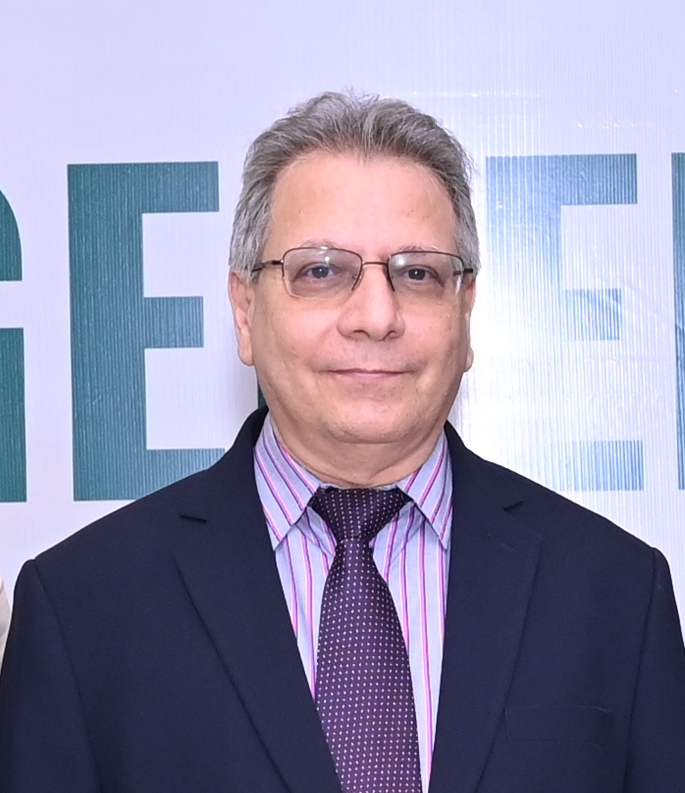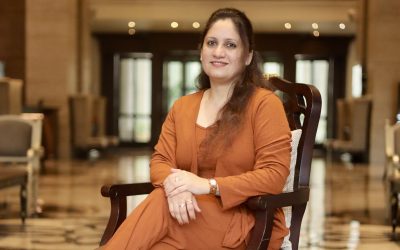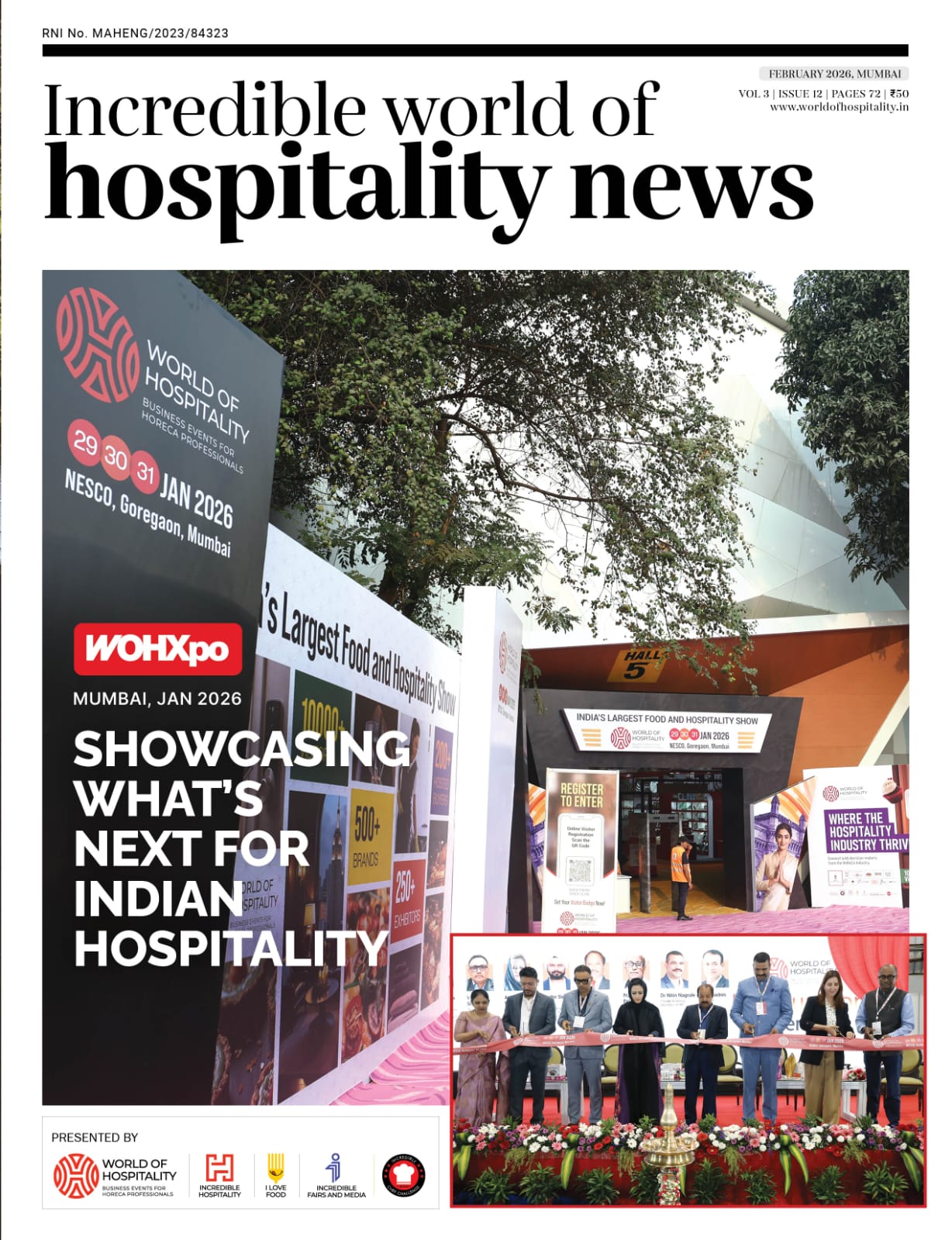In an exclusive conversation to Incredible World of Hospitality News magazine, Jimmy Shaw, President, Hotel and Restaurant Association (Western India) – HRAWI, elaborates the association’s stance and progressive efforts to ensure hotels and restaurants drive towards a more empowered, compliant, and future-ready business ecosystem.
What are HRAWI’s key priorities for the next 3–5 years to strengthen its position as the leading voice of the hospitality industry in Western India?
HRAWI’s key priorities are centred on strengthening its role as the definitive voice of the hospitality sector in Western India through actionable, future-focused initiatives. One of our primary goals is to expand the reach and impact of FSSAI’s FoSTaC programmes, which we have been consistently conducting across the region. These programmes are instrumental in building a robust culture of food safety across hotels and restaurants, ensuring that industry professionals remain updated on hygiene protocols and compliance standards.
Additionally, streamlining licensing and regulatory procedures remains a critical focus area. HRAWI continues to actively liaise with the State and Central Government authorities to reduce bureaucratic hurdles and advocate for simplified, digitised systems under the Ease of Doing Business framework. This is essential for unlocking the sector’s growth potential, especially for small and mid-sized enterprises.
Finally, our flagship Empowering Hospitality Conclaves will continue to serve as strategic platforms for knowledge exchange, leadership development and industry networking. These events are tailored to equip professionals with insights on innovation, sustainability, compliance and business resilience that are key attributes for navigating the evolving hospitality landscape.
Together, these pillars reflect HRAWI’s commitment to building a more empowered, compliant and future-ready hospitality ecosystem.
What strategies does HRAWI plan to adopt to expand its member base, especially among smaller, independent hotels and restaurants that may not yet be part of the association?
To grow the member base, especially among smaller and independent hotels and restaurants, HRAWI is focusing on strengthening outreach at the local level. We are actively building our local chapters to ensure better regional support and stronger member engagement.
We are also collaborating with partner associations to raise awareness and encourage more units to join. Many smaller businesses may not be fully aware of the value HRAWI offers, so we plan to conduct training sessions, awareness programs, local meetings, conclaves, and conventions to highlight our support and services.
Additionally, we are simplifying the registration process and expanding our digital services to make it easier for small units to become members and access training, legal guidance, and industry updates.
Our goal is to ensure every hotel and restaurant—regardless of size—feels represented and supported through HRAWI.
HRAWI has conducted the Food Safety Training and Certification (FoSTaC) training programme. How does this programme contribute to improving food safety and operational standards in the hospitality sector?
The FoSTaC training programmes conducted by HRAWI have become a cornerstone initiative in promoting a robust culture of food safety and hygiene in the hospitality sector. Conducted in association with FSSAI, these trainings are designed to equip hospitality professionals with critical knowledge of food safety protocols, hygiene, sanitation practices and sustainable waste management. So far, HRAWI has successfully trained and certified over 3,500 professionals across the western region, empowering them to implement globally benchmarked operational standards. The programme not only enhances customer confidence and trust but also ensures that member establishments remain compliant with evolving regulatory requirements. By prioritizing food safety and operational excellence, the FoSTaC initiative is helping raise the overall standard of service delivery in hotels and restaurants, and aligns perfectly with the Association’s commitment to quality, compliance and public health.
With over 3,500 professionals certified so far, what impact has HRAWI’s FoSTaC initiative had on fostering a culture of compliance and best practices in food safety?
The initiative has been instrumental in creating a culture of compliance and elevating food safety standards across the hospitality sector. The programme has created widespread awareness about the importance of food hygiene, safety protocols and regulatory compliance. The trainings not only help improve operational efficiency in kitchens and service areas but also instils a mind-set of accountability and continuous improvement among hospitality staff. More importantly, establishments adopting these best practices see higher levels of customer satisfaction. As we move forward, HRAWI remains focused on expanding the programme to reach even more professionals and deepen its impact across the western region.
How does HRAWI intend to leverage digital platforms and technology to connect with members, deliver value, and improve outreach in a cost-effective way?
HRAWI leverages digital platforms to enhance member engagement and outreach in a cost-effective manner. This includes WhatsApp and email automation for timely communication, online registration and payment gateways for events. We are also revamping the website with a members-only login section for access to exclusive content. Alongside, we continue to conduct webinars, online training, and certifications regularly to reach members across Western India. Social media platforms are actively used to share updates, showcase member achievements, and increase industry visibility. These efforts aim to deliver greater value and connectivity while keeping costs low.
What are the key policy issues HRAWI aims to champion with state and national governments to create a more enabling environment for the hospitality industry?
We strongly advocate granting Infrastructure Status to the hospitality sector as a top priority. Simplifying licensing procedures and creating a conducive policy environment are essential to building a growth-oriented and innovative ecosystem. In the Union Budget 2022–23, the Hon. Finance Minister announced Infrastructure Status would be extended to hotels with a project cost of ₹200 crore or more. So, while the status has been partially granted to the hospitality sector, specifically for large-scale hotel projects, a broader implementation covering mid and small-sized hotels is still awaited. We’ve been urging the Government to extend infrastructure status to all hotel categories and convention centres with a project cost of ₹10 crore or more. This initiative would facilitate access to long-term, competitively priced loans, spurring development in budget and mid-segment hotels, especially in tier II and III cities. Streamlining licensing norms and introducing single-window clearance systems for Ease of Doing Business (EoDB) at both Central and State levels are critical to strengthening India’s hospitality and tourism sectors. Additionally, we emphasize the need to simplify and rationalise the GST structure, including delinking GST on F&B from hotel room tariffs, to ensure a more rational and equitable tax regime across the industry.
At the state level, we are urging the Government to expedite the implementation of the Maharashtra Tourism Policy 2024 and ensure that its provisions are executed transparently and efficiently. We are also advocating for the rationalization of the recent hikes in the excise duties in Maharashtra, annual license fees and VAT on IMFL at FL3 outlets, which disproportionately impacts small and medium-sized restaurants and bars.
Ultimately, our goal is to build a thriving, competitive and responsible hospitality industry that contributes meaningfully to tourism, employment and the economy.






